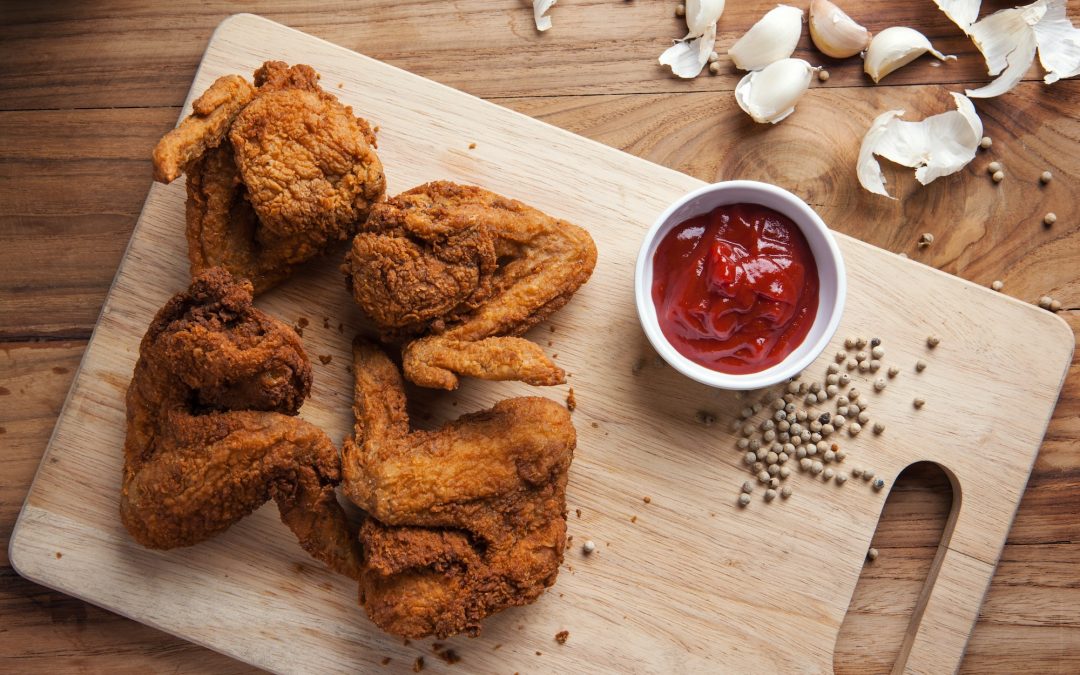Have you ever been to a restaurant and the meal was so good that you thought they should get a patent for it? In truth, the food industry is comprised of intellectual property at every level. If you were to search the United States Patent and Trademark Office, you will find food patents of all kinds. They can include recipes, but there are some companies that actually don’t patent their recipes.
In this 2001 New York Times article, it explains that companies like McDonald’s, Coca-Cola, and Kentucky Fried Chicken don’t patent their secret recipes and choose to just keep them under lock and key instead. The ultra-secrecy of the Colonel’s recipe for fried chicken is what makes it so valuable. When you file a patent, the patent is generally good for twenty years. Kentucky Fried Chicken has been around for more than sixty years, and the national chain has managed to keep the trade secret. However, many companies do decide to patent their recipes for the added protection if they want to prevent competitors from trying to figure out their secret.
Additionally, many food companies seek patents for packaging, new methods of processing their product, and novel applications. Also, trademarks are highly defended as they can add immense value to a brand. Just think of your favorite food and beverage companies. Any logos, slogans, graphics, or words specific to that brand can receive trademark protection. There have been countless trademark disputes over the years involving food companies where one accused the other of stealing its likeness for profit. Trademarks create distinction in the marketplace, enabling customers to recognize a specific brand.
At Appraisal Economics, we have worked with many companies in the Food and Beverage Industry on valuation projects for various applications. For example, we have valued trademarks covering mayonnaise, cakes, soups, and peanut butter. Our work has been done for mergers and acquisitions, transfer pricing, and financial accounting purposes.
Our patent and trademark valuation process for the food and beverage industry is similar to our process for other industries. We first discuss the patents and propriety technology with your company’s management to get a clear picture of what makes it unique. We then review the overall industry for similar technologies and analyze the future financial prospects of the patent. Finally, our team conducts a financial analysis that includes the development of all assumptions and valuation models to determine the value of the patent. Our years of experience and quality of work are unmatched in the food and beverage industry.
So the next time you say that something is so good it should be patented, it very well might be.

